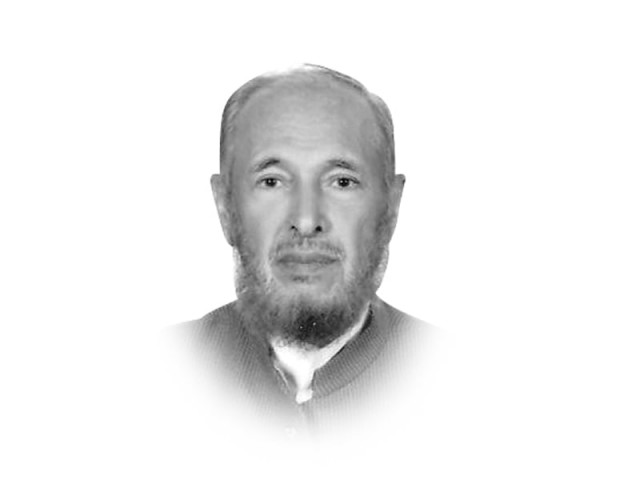End of another sordid saga in Supreme Court history
Judiciary in Pakistan has, for ages, played second fiddle to the powers-that-be

Judiciary in Pakistan has, for ages, played second fiddle to the powers-that-be. The great and noble traditions of the pre-Partition India were being decimated at the altar of political expediency. There were a few institutions of the British colonial rule of which the undivided India was rightly proud of — the Indian civil service, judicial systems, Indian Railways, Punjab’s irrigation system, the post and telegraph service and the land settlement. Each of these institutions was unique in the Third World countries and indeed in many European countries. These were institutions that India was rightly proud of. But while the post-colonial India made a commitment to retain, protect and patronise these institutions, in neighbouring Pakistan the decline was swift and in most cases irretrievable.
As politicking took central stage and the rule of law began to take a back seat in the wake of the launch of the new country, judiciary also became increasingly involved in the country’s murky politics. The first Martial Law of 1958 was a test case for judiciary and the Supreme Court to assert its ‘independence’. Its failure to prevent or stop an assault on the Constitution was a shameful act of obeisance to the powers-that-be. The rot started and it goes on. In 1969, another military dictator took the reins of power in his hands. No judiciary could come in his way as he led the country to a devastating division. In 1977, a military General removed a constitutionally elected government, took power and ruled for 11 years. No Supreme Court could challenge, stop him. What a disgraceful spectacle of a so-called, controlled democracy! In 1999, yet another General dismantled the democratic dispensation, assumed control and went on to rule for 9 long years. This time the Supreme Court not only validated a military takeover but also, in another infamous gesture, allowed the dictator to make ‘such changes to the Constitution’ as may be needed — an appeasement to the powers-that-be, unprecedented even by Pakistan’s standards!
Judging by those standards, the role of the outgoing Chief Justice is hardly surprising. Supporting a political party, constituting benches to suit a political party, choosing to head the bench that would hear a case involving his own mother-in law came as no surprise to those who have known the many structural weaknesses and the many questionable criteria of how judges in Pakistan are appointed and elevated to superior courts. The outgoing chief justice leaves a toxic legacy that would long be associated with his name. It is shocking that there is no genuine system of institutionlised accountability of judges of the superior judiciary. Accountability process is initiated only in the case of Justice Shaukat Aziz Siddiqi for his expressing views that were not acceptable to the powers-that-be. Or accountability comes into play against Justice Qazi Faez Isa for similar reasons.
Is there any light at the end of the tunnel? None. The picture has become even gloomier. There is a huge despondency amongst those who would like to see the advent of a new era where the rule of law and the civilian supremacy are the accepted and established norms. Society will grow in strength and resilience only when the rule of law prevails and is accepted by not only the rank and file but by the elite and those who wield power. Those who wield power must learn to bow before the rule of law. Why is there no such crisis in neighbouring India! A huge country, more ethnically and linguistically diverse than Pakistan, with more socio-economic disparities and yet held together by the unchallengeable rule of law. There has been no subversion of the Constitution, no Martial Laws, no military rule even during the worst economic crisis — because the fabric of society has been held together by genuine democratic governance. Have we ever heard of poll rigging in India? Never. How and when would Pakistan reach a stage where power transfer is institutiuonalised, where the rule of law is supreme and where the danger of any ‘interference’ of any sort does not exist? No hope looms on the horizon as yet.
Published in The Express Tribune, September 20th, 2023.
Like Opinion & Editorial on Facebook, follow @ETOpEd on Twitter to receive all updates on all our daily pieces.















COMMENTS
Comments are moderated and generally will be posted if they are on-topic and not abusive.
For more information, please see our Comments FAQ